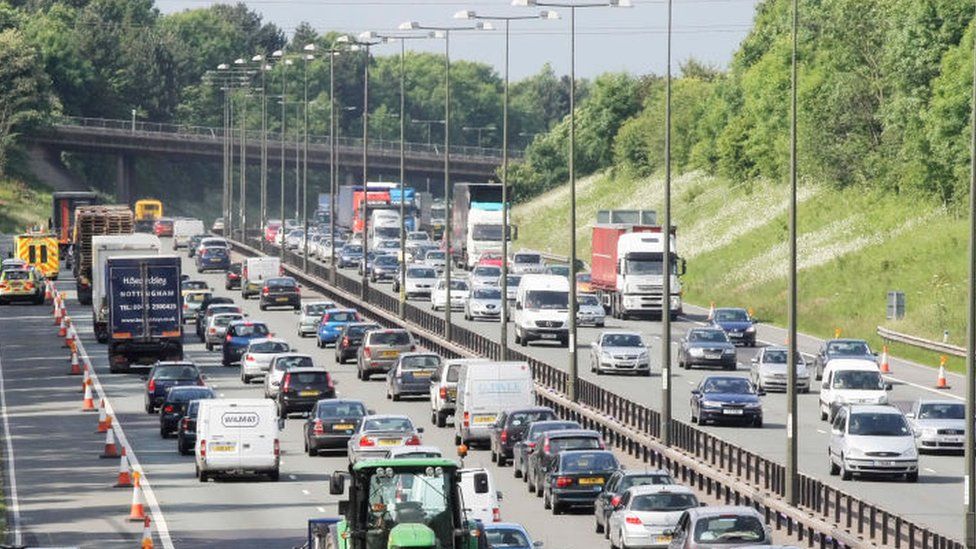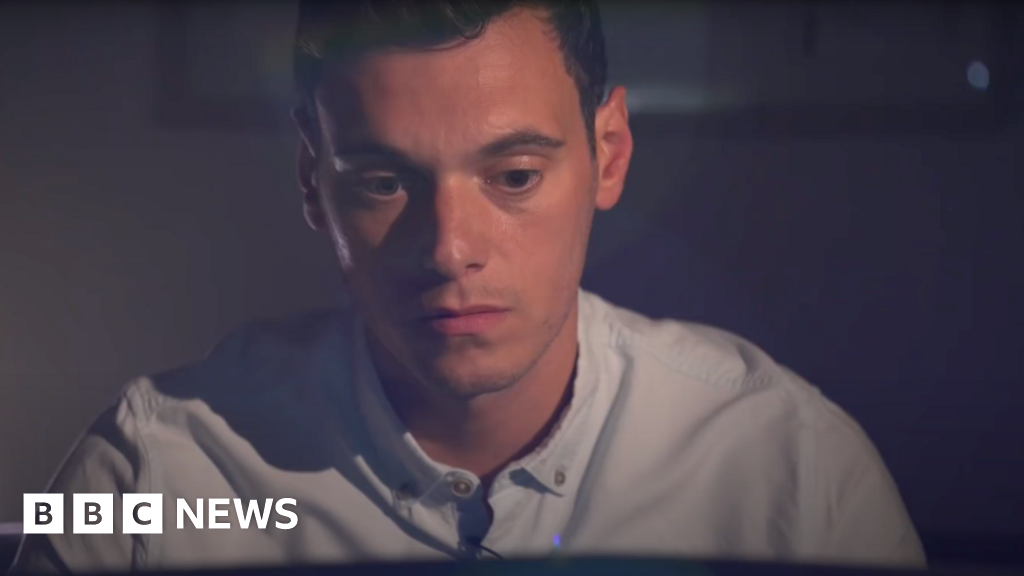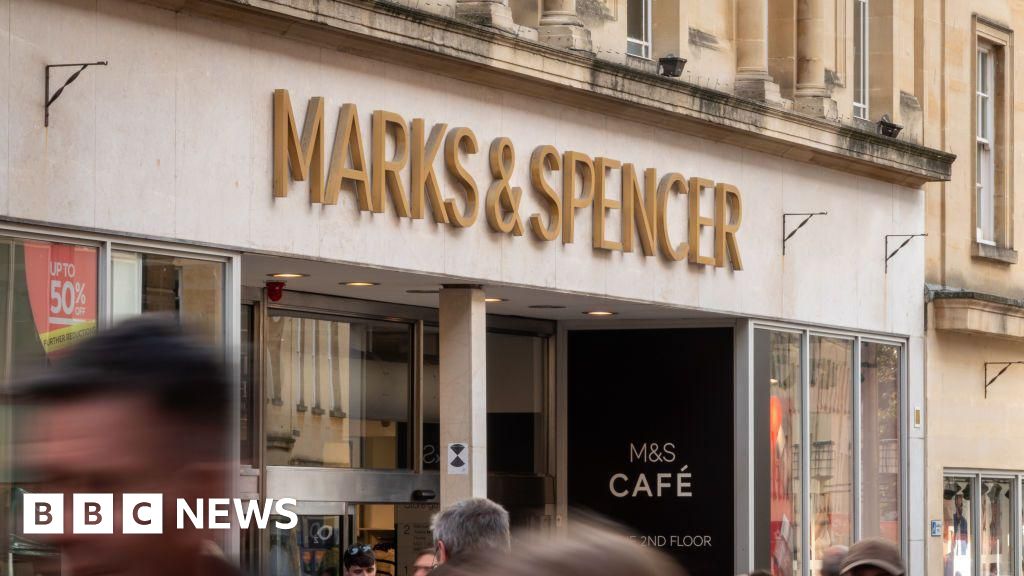ARTICLE AD BOX
 Image source, Getty Images
Image source, Getty Images
By Jemma Dempsey & Lucy Hooker
BBC News
Three million people who applied for a driving licence during the worst of the pandemic experienced major delays, a report has found.
Some applicants lost jobs or income, and suffered social isolation and mental health problems, parliament's Public Accounts Committee said.
The delays affected people who applied by post or had medical conditions.
The Driver and Vehicle Licensing Agency (DVLA) said it had prioritised its online services during the pandemic.
That was because most applications were made online, it told the committee.
It had also focused on services where it believed processing delays would cause greater problems, it told MPs.
Complaints to the DVLA rose sharply in the two years after April 2020, the Public Accounts Committee report said.
Around 17 million applications submitted online, that did not involve notifiable medical conditions, were processed within three days, the report said.
But three million applications on paper, or which required a decision from the DVLA over fitness to drive, had long delays.
The committee heard from applicants who became isolated and depressed, and people who had lost income as a result, sometimes lasting months.
The committee said it was aware of a bus driver who was threatened with losing his job, and a shift worker in a rural community who could not work.
Others had difficulty arranging motor insurance, driving abroad or hiring vehicles, it said.
The committee said despite changes to the law allowing licence renewals to be postponed, and the DVLA taking on additional staff, the problems at the DVLA had persisted for two years.
Customers' poor experiences were exacerbated by "huge difficulty" contacting the DVLA during the pandemic, it said.
It found between April 2020 and March 2022 around 60 million calls went unanswered, 94% of the total the DVLA received.
The committee was also critical of the Department for Transport (DfT) saying it had taken a "hands-off" approach to problems at the DVLA, and failed to ensure the organisation was adopting modern working practices. Committee chair Dame Meg Hillier MP described the DVLA's operations as "antiquated".
"The pandemic inevitably made operations more difficult, but the DVLA and DfT were not prepared for the challenge of keeping essential driving licence services running and especially not for those who needed it most," she said. In a raft of recommendations the committee said the DVLA needed better systems to identify and fast-track driving licence applications where the customer would be badly affected by a delay.
The DVLA said it had recently modernised its telephony systems, so it should be able to cope better with any future surges in demand.
"We are back to normal processing times across our services," it said. "All standard paper applications were back to normal turnaround times by May 2022."
It added that "online services worked well throughout the pandemic and for the vast majority of our customers, their dealings with DVLA would have been trouble free".
During the pandemic the DVLA issued more than 24 million driving licences, "the vast majority of which were issued within 3 working days", it added.

 2 years ago
75
2 years ago
75








 English (US) ·
English (US) ·